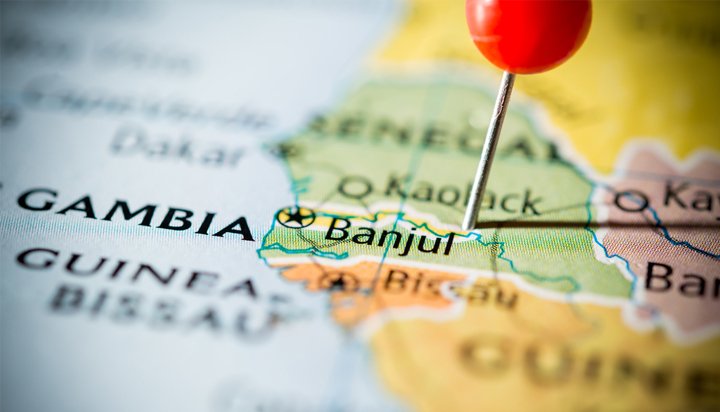Gambia is said to be the first African country with plans to electrify all its public schools and health centres with renewable energy.
The European Investment Bank (EIB) and the World Bank are providing €106 million (£91m) and €35.7 million (£30.6m) of financial support for the West African nation’s Renewable Energy Programme, which aims to install solar panels and battery technology for all its 1,100 rural schools and health centres.
A €41 million (£35m) grant is also being provided from the EU budget for the project.
Implemented by national electricity utility NAWEC, it includes the installation of 20MW of solar energy and 400km of distribution lines to boost access to energy and reduce costs.
Energy demand in Gambia has grown by 5.5% a year in recent years and the new solar plant will increase its current generation capacity to 118MW.
Once operational, the scheme is expected to increase energy supply in Gambia by one fifth and help address current power shortages in the country.
Only 15% of people in rural areas are currently connected to the energy network.
Attila Lajos, European Union Ambassador to the Republic of Gambia said: “Gambia will be the first country in Africa, if not the only country in the world, to have provided renewable energy electrification for all public school and health facilities.
“The project is designed to assure the sustainable provision of electricity powered by the solar systems for at least 20 years and to lay the groundwork for a national solar energy industry to provide additional services in the future.”





